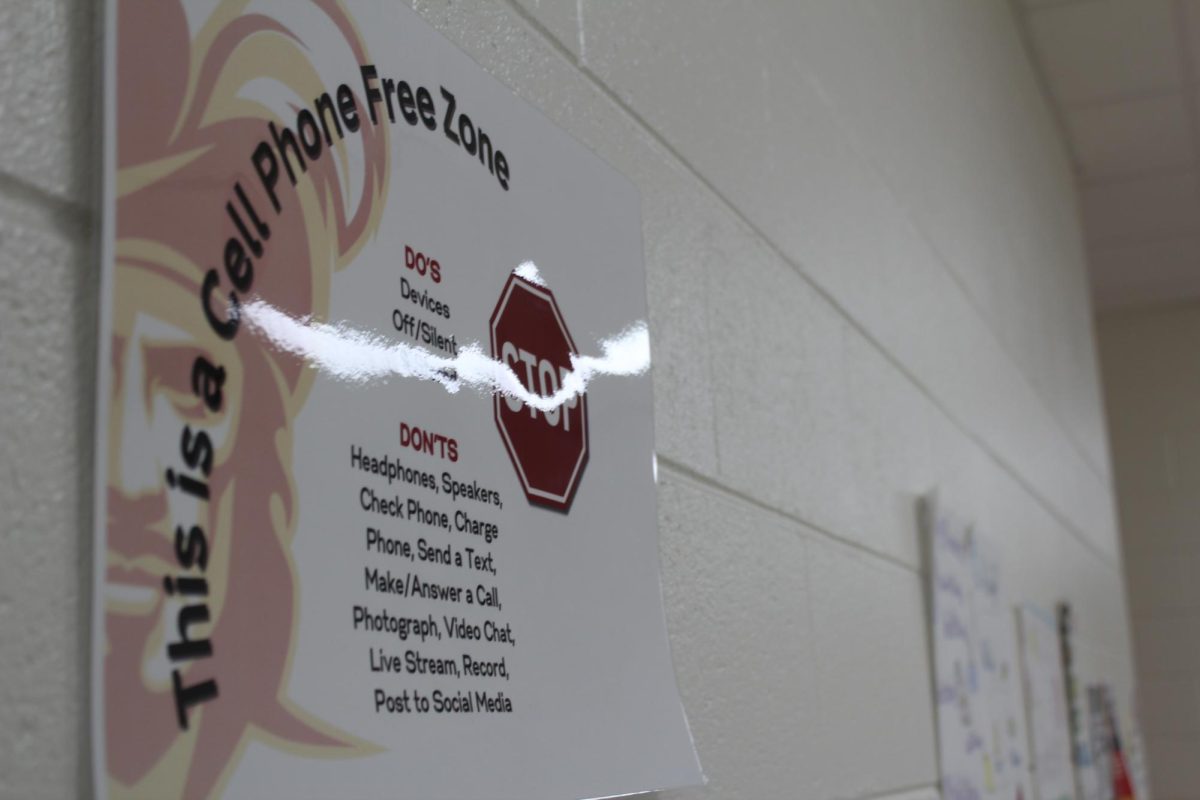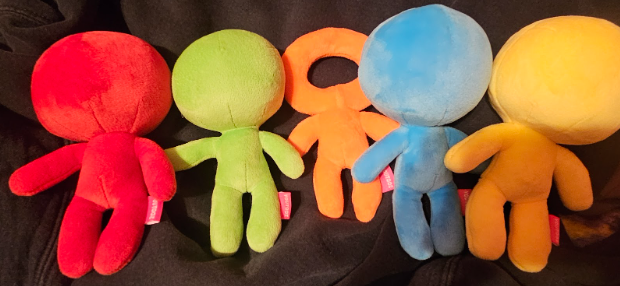Pink tax is the practice of charging women more for products or services than men for similar items. This affects everyone who is interested in buying products of any kind. This tax is described as discriminatory.
Though this “pink tax” is not an actual tax, this act of charging more is in fact an issue that has made its way into many stores. Some states have combatted this issue by banning the pink tax. These states include: Nebraska, Colorado, Iowa, and Virginia. Other states that are working to get rid of this tax are Kentucky, Missouri, and South Carolina.
This can affect teens in many ways, this may even affect you or someone you know. Women pay around $2,381 more than men do for almost or the exact same products. That would equate to around $188,000 in a regular woman’s lifetime. Teens are more likely to not notice this price difference. Many teens shop online and do not use their own money to go shopping. Though this might not be the case for everyone, it is the majority.
Teens who are unaware of this “tax” are much more likely to fall for it. Many have become aware of this tax because of social media where many are talking about it. Anything that is pink or feminine related can be at risk of the “pink tax” things like toys, hygiene products, clothes, and many more common items.
This Pink Tax has been around since 1990, and since other acts have been thought of and planned to help stop this. In-fact, in 2016 the Pink Tax Appeal Act was introduced several times, most recently in 2021. But, despite the efforts, it was not passed. Since then, many teens and young adults have brought light to this discrimination.












































